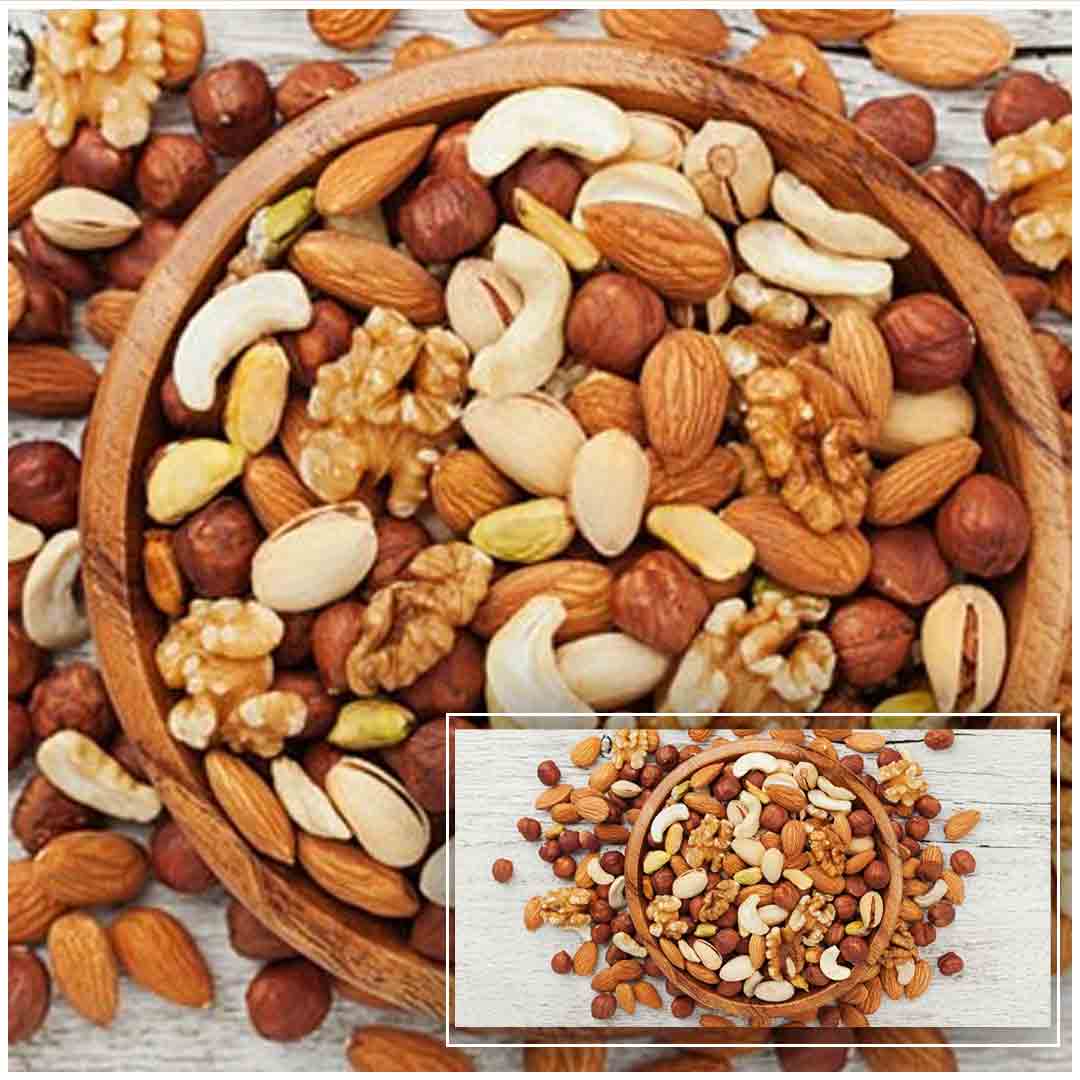Eating protein doesn’t mean eating meat. The emergence of fitness and health consciousness and daily workouts make people aware of the daily nutritional needs of the body without getting help from nutritionists or following any diet plan. Protein is the most important nutrient, which you need pre-workout, post-workout, and the whole day before and after working out. It is easy for non-vegetarians to fulfil their daily protein needs, but the major dilemma is for vegetarians and people who are spiritual. Indians are nowadays simultaneously following work, family, workout routines, and especially spirituality.
The majority of Indians avoid eating meat during Shravana, But the question is what to eat pre-, post-, and during the whole day of Shravana. Though plant based proteins are already replacing meat sources, it is natural vegetarian sources of protein that people are mostly searching for nowadays.
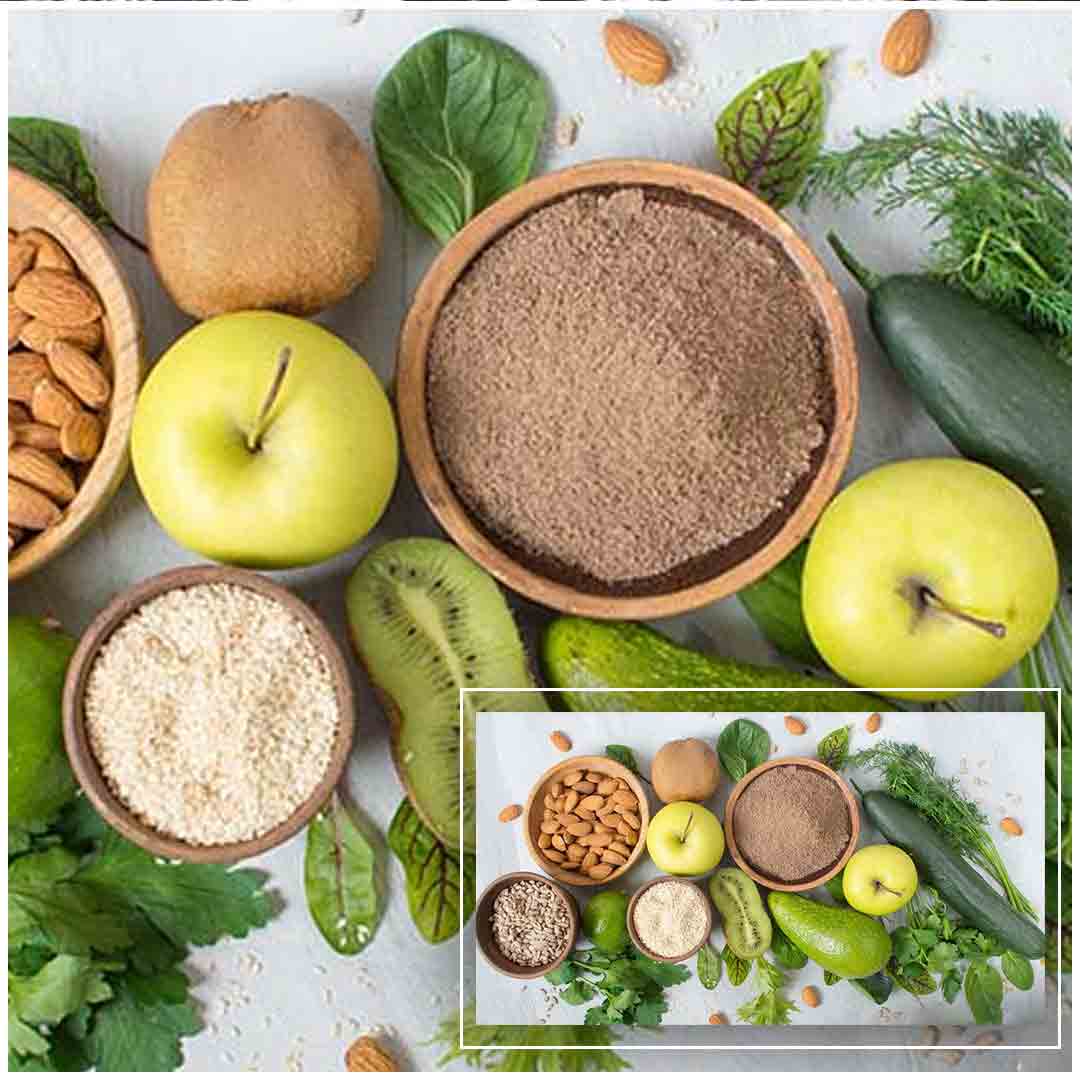
Here are some natural vegetarian sources of protein that you can have during Shravana:
Pulses
A group of legumes that are high in protein, fibre and many other nutrients. Commonly known as DAAL in India and is one of the most eaten and favourite foods in India. They are also rich in other nutrients like iron, folate, magnesium, and potassium. They are low in fat and calories and can be easily added to your daily diet, as they are one of the most inexpensive sources of protein. They can be added in different ways to your diet. As social media is loaded with Indian recipes, you can try different recipes daily.
Here are some of the health benefits of pulses:
Reduce the risk of heart disease: Pulses are a good source of soluble fiber, which can help lower cholesterol levels. They also contain plant sterols, which have been shown to have similar effects.
Reduce the risk of type 2 diabetes: The fiber in pulses can help to slow the absorption of glucose into the bloodstream, which can help to keep blood sugar levels under control.
Reduce the risk of some types of cancer: Pulses contain compounds that have antioxidant and anti-inflammatory properties. These compounds may help to protect against the development of some types of cancer, such as colon cancer.
Promote weight loss or weight management: Pulses are a low-calorie, high-fiber food that can help you feel full after eating. This can help you to eat fewer calories overall and lose or maintain a healthy weight.
Improve gut health: The fiber in pulses can help to keep your digestive system healthy. It can also help to prevent constipation and diarrhoea.
Boost energy levels: The protein and fiber in pulses can help to give you sustained energy throughout the day.
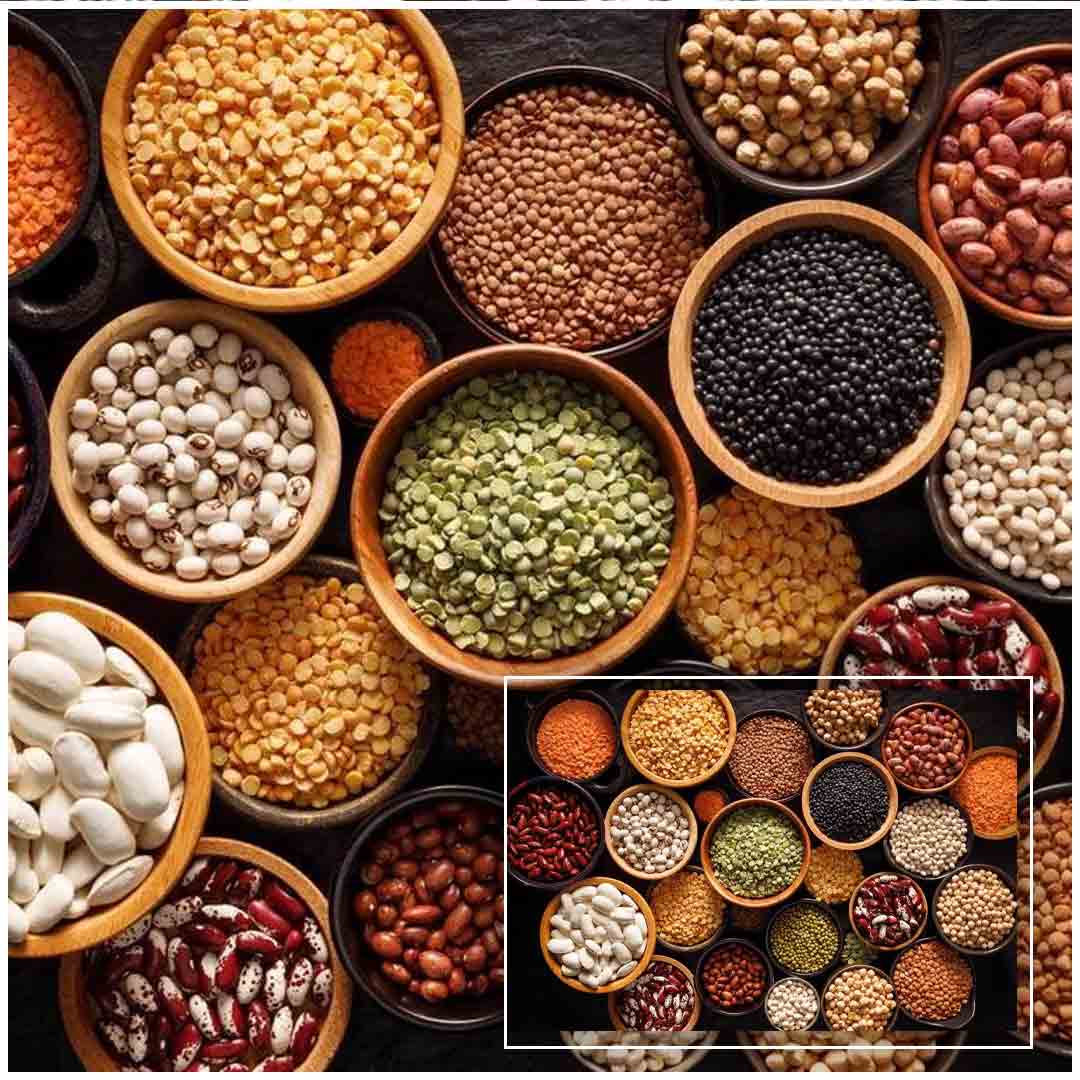
Soybeans
Soybeans are an excellent source of protein, providing about 36–56% of their dry weight in protein. This is comparable to the protein content of meat and dairy products. Soy protein is also a complete protein, meaning that it contains all nine essential amino acids that the body cannot produce on its own. In addition to protein, soybeans are also a good source of fiber, iron, calcium, zinc, and B vitamins. They also contain isoflavones, which are plant compounds that have been shown to have a number of health benefits, including reducing the risk of heart disease, cancer, and osteoporosis.
There are many different ways to incorporate soybeans into your diet. You can eat them whole, as edamame, or as tofu, tempeh, or soy milk. Soybeans can also be found in a variety of processed foods, such as soy sauce, miso, and natto. If you are looking for a healthy and high-protein food to add to your diet, soybeans are a great option. They are versatile and can be enjoyed in many different ways.
Here are some of the health benefits of soy protein:
Reduces the risk of heart disease: Soy protein has been shown to lower LDL (bad) cholesterol and raise HDL (good) cholesterol. This can help to protect against heart disease.
Reduces the risk of cancer: Soy protein has been shown to have anti-cancer properties. It may help to protect against breast cancer, prostate cancer, and colorectal cancer.
Helps with weight loss: Soy protein is a good source of satiety, which means that it helps you to feel full. This can help you to eat less and lose weight.
Improves bone health: Soy protein is a good source of calcium, which is important for bone health. It may also help to prevent osteoporosis.
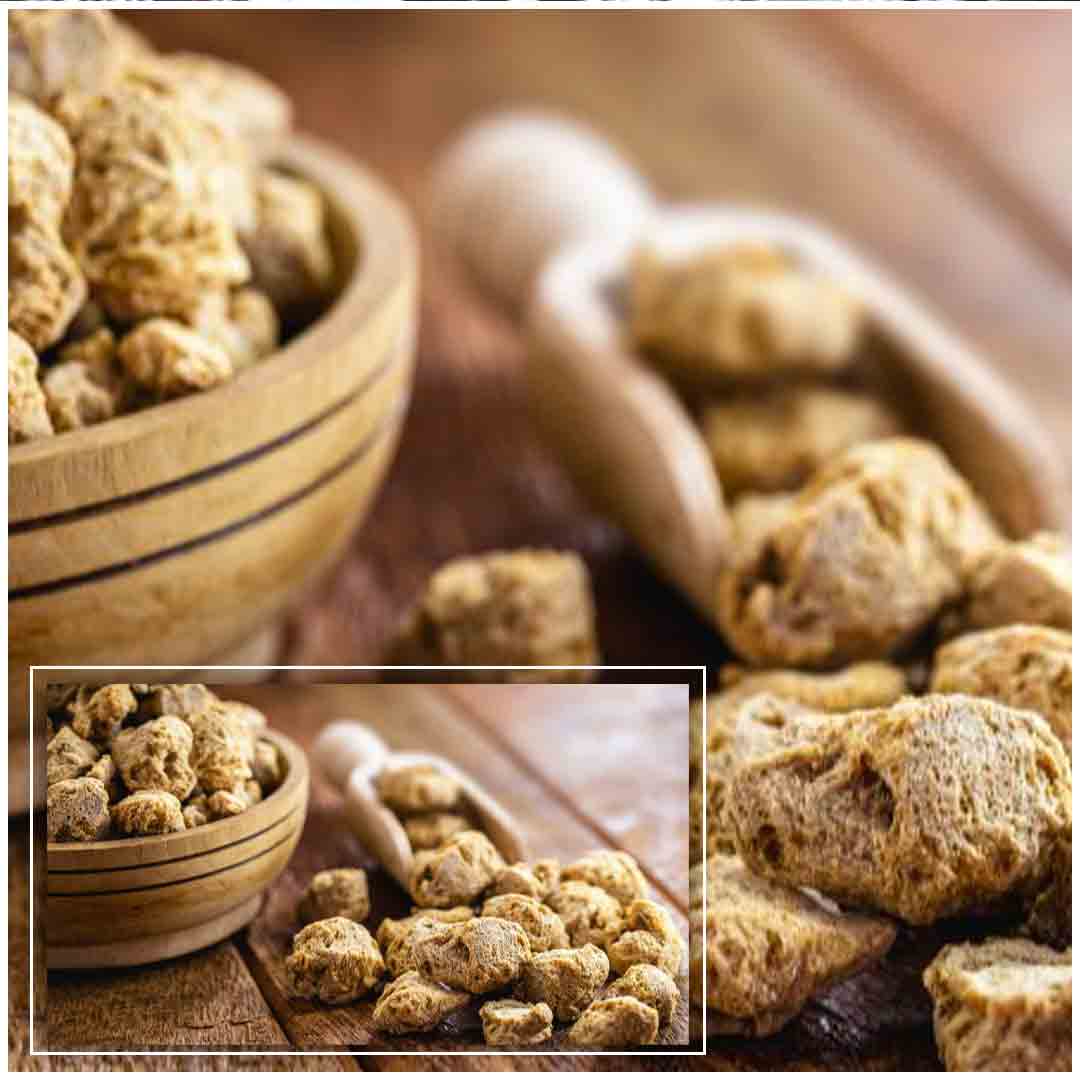
Quinoa
Quinoa is a good source of protein, providing 8 grams per cooked cup (185 grams). It is often referred to as a complete protein, which means that it contains all nine of the essential amino acids that our bodies cannot make on their own. This makes quinoa a good choice for people who follow plant-based diets, as it can help them meet their daily protein needs. In addition to protein, quinoa is also a good source of fiber, magnesium, iron, and phosphorus. It is naturally gluten-free and can be a versatile ingredient in many dishes.
quinoa has more protein than rice, but less protein than beans. However, quinoa is a good source of other nutrients, such as fiber and magnesium, which beans do not contain. So, quinoa can be a good addition to your diet, whether you are looking for a high-protein food or a nutrient-rich food.
How you can have quinoa in your diet:
As a breakfast cereal: Cook quinoa and top with your favourite fruits, nuts, and seeds.
In salad: Quinoa can be added to salads for a boost of protein and fiber.
As a side dish: Quinoa can be cooked and served as a side dish, or it can be used to make pilafs, risottos, and other dishes.
In soups and stews: Quinoa can be added to soups and stews to add protein and texture.
In baked goods: Quinoa can be ground into flour and used to make breads, muffins, and other baked goods.
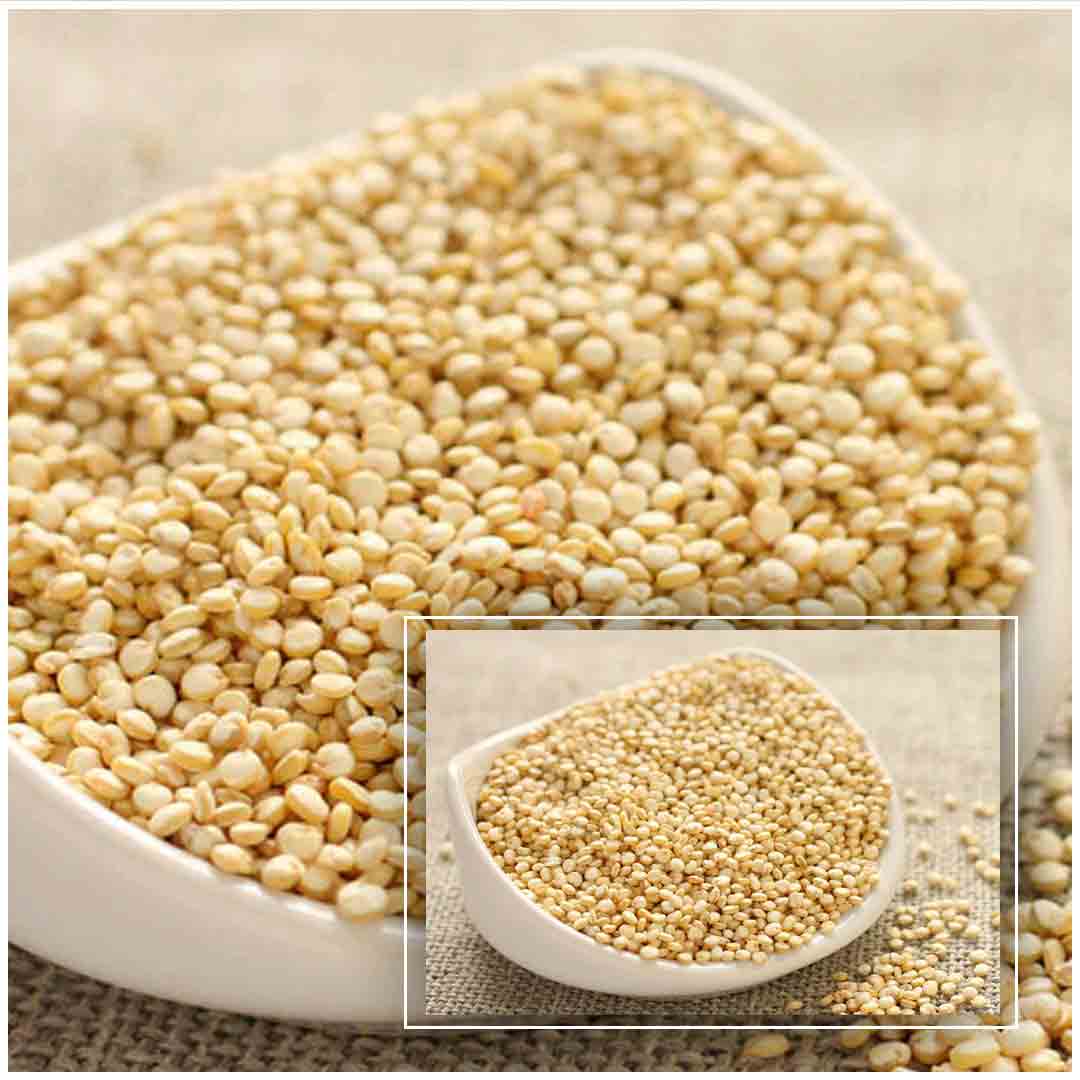
Nuts
Nuts are a good source of protein, providing between 2 and 7 grams of protein per ounce (30 grams). The protein content of nuts varies depending on the type of nut. Some of the highest-protein nuts include:
Peanuts: 7.3 grams of protein per ounce (30 grams)
Almonds: 6 grams of protein per ounce (30 grams)
Pistachios: 6 grams of protein per ounce (30 grams)
Cashews: 5 grams of protein per ounce (30 grams)
Walnuts: 4.5 grams of protein per ounce (30 grams)
